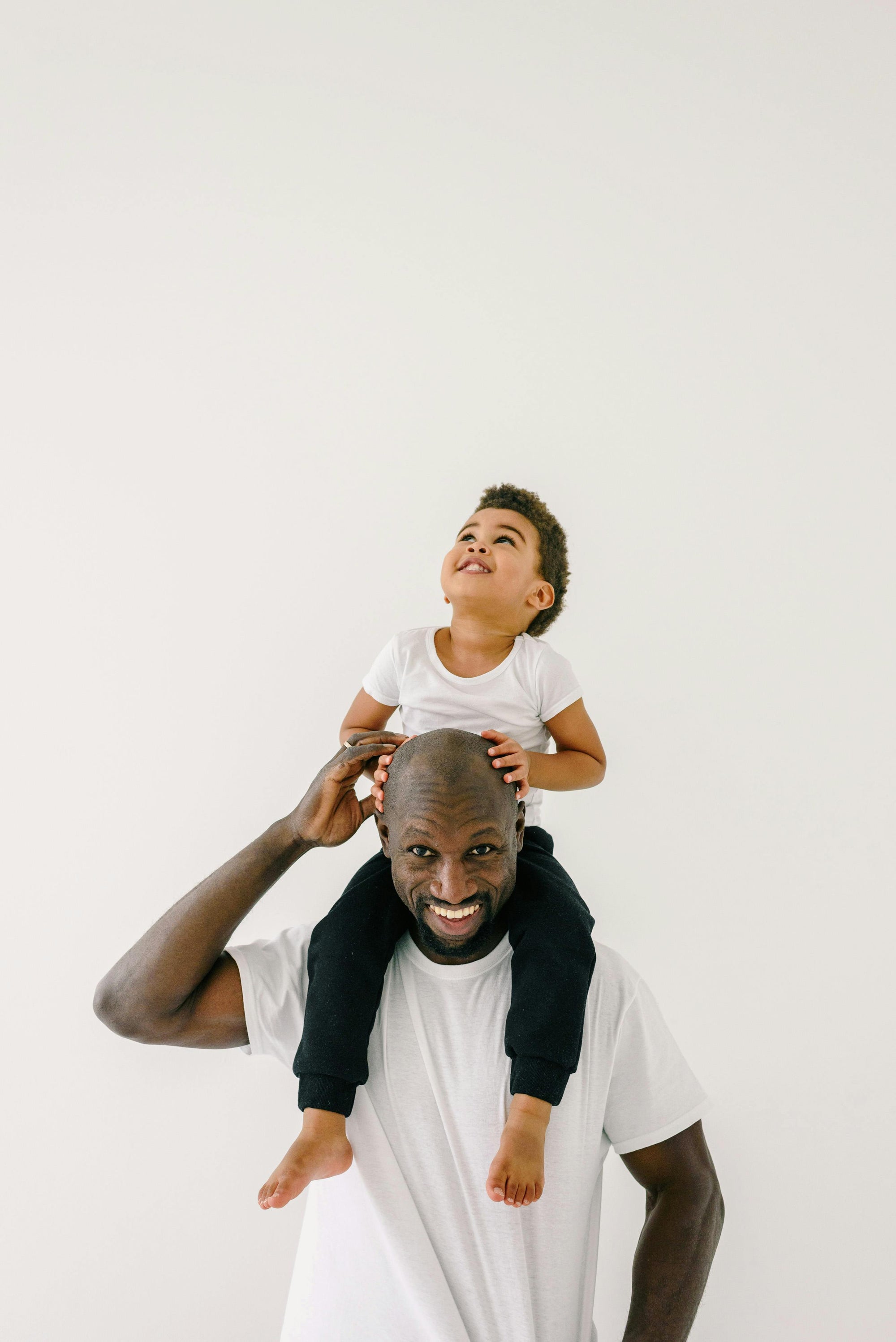Here’s the thing: kids aren’t born knowing how to talk about their feelings… they learn it. And the earlier they do, the better. Research shows that when children can recognize and name what they’re feeling, it changes everything, from how they handle frustration to how they connect with other people.
Here’s why it matters:
• Emotional Smarts = Life Smarts: Naming emotions builds emotional intelligence and that’s tied to better friendships, stronger school performance, and a healthier headspace.
• Fewer Meltdowns, More Self-Control: When kids can say, “I’m mad” or “I’m nervous,” they’re better at managing their reactions instead of letting those feelings run the show.
• Better Communication: Labeling feelings helps kids express themselves in ways adults (and other kids) actually understand. That means fewer misunderstandings and more empathy all around.
• Healthy Coping Skills: Once kids know what they’re feeling, they can figure out how to deal with it, whether that’s asking for help, taking a break, or finding a solution.
• Long-Term Mental Health: Early emotional awareness can lower the risk of anxiety and depression later on by teaching kids that feelings are meant to be expressed, not bottled up.
At Feelings Found, we believe emotional literacy is just as important as learning to read or do math, because it’s a skill they’ll use for the rest of their lives. That’s why we made The Kids Feelings Wheel: a simple, colorful tool that helps children (and the adults in their lives) put words to what’s going on inside.
Because when kids can name it, they can navigate it.





